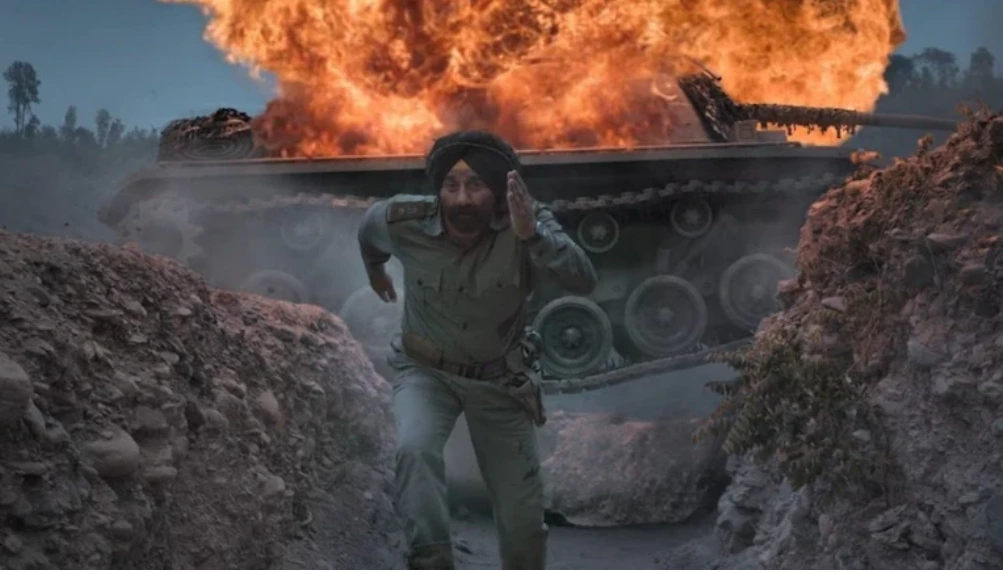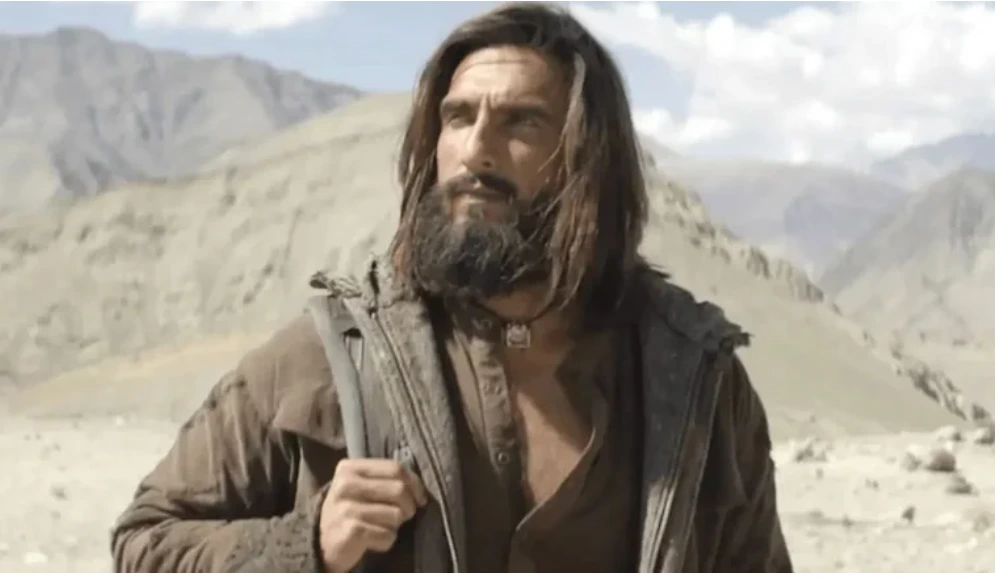Entertainment
Ratna Pathak Shah’s remarks on Karwa Chauth draw flak on social media, here’s WHAT she said
The veteran actor said that nothing has changed for women in India and our society is becoming extremely conservative.

Entertainment
Border 2 box office collection day 12 crosses Rs 286 crore, eyes Rs 300 crore milestone
Border 2 box office collection reaches Rs 286.75 crore after 12 days, putting the Sunny Deol-led film close to the Rs 300 crore milestone.
Entertainment
Why Dhurandhar on Netflix runs shorter than its original theatrical cut
Dhurandhar’s Netflix release sparked confusion over its shorter runtime. The difference is linked to muted dialogue and an updated theatrical cut.
Entertainment
Border 2 box office collection day 1 crosses Rs 30 crore
Border 2 opens to Rs 30 crore on day one, becoming the biggest opener for Varun Dhawan, Ahan Shetty and Diljit Dosanjh.
-

 India News24 hours ago
India News24 hours agoTamil Nadu potboiler: Now, Sasikala to launch new party ahead of election
-

 Latest world news11 hours ago
Latest world news11 hours agoTrump says tariffs will replace income tax, criticises Supreme Court setback in key address
-

 Latest world news12 hours ago
Latest world news12 hours agoTrump repeats claim of averting India-Pakistan nuclear war during Operation Sindoor
-

 Latest world news11 hours ago
Latest world news11 hours agoPM Modi to begin two-day Israel visit, defence and trade in focus
-

 India News11 hours ago
India News11 hours agoShashi Tharoor questions Centre over Kerala name change to Keralam
-

 India News2 hours ago
India News2 hours agoMK Stalin predicts frequent PM Modi visits to Tamil Nadu before assembly election
-

 Latest world news2 hours ago
Latest world news2 hours agoIndia eyes Rs 8,000 crore mid-air refuelling aircraft deal as PM Modi begins Israel visit















